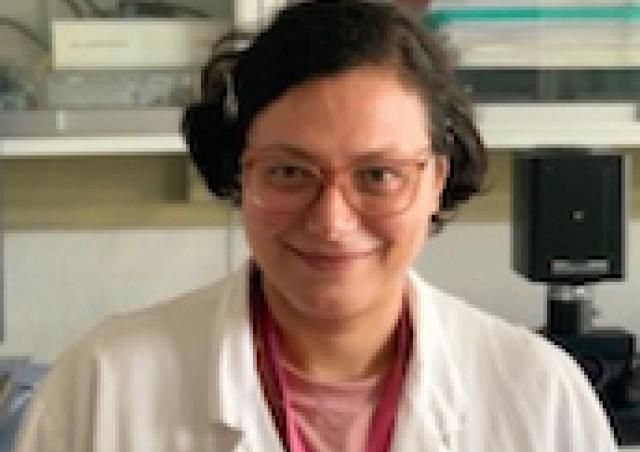Protracted Coagulation and Endothelial Dysfunction in Children with Cerebral Malaria
Katherine Dobbs (Center for Global Health and Diseases, Case Western Reserve University, Cleveland (Ohio, US)
09
novembre 2023

Infos pratiques
The death rate of African children with cerebral malaria has decreased significantly since parenteral artesunate replaced quinine as the standard of treatment. Nevertheless, children who survive cerebral malaria continue to be at risk of neurocognitive sequelae following recovery. To advance knowledge of pathogenic mechanisms underlying cerebral malaria and their potential relevance to post-recovery sequelae, we evaluated serial plasma biomarkers of malaria pathogenesis, peripheral blood mononuclear cell transcriptomes, and plasma metabolomes in Kenyan children with cerebral malaria at the time of presentation with acute disease and 6 weeks following clinical recovery. These data were compared to biomarker, transcriptomic, and metabolomic profiles of children with uncomplicated malaria and acute febrile non-malarial illness. Results indicate that temporally protracted systemic inflammation, endothelium activation, and altered coagulation and fibrinolysis pathways are distinctive features of recovery from cerebral malaria. Future studies will determine whether these biological pathways correlate with sequelae of cerebral malaria and whether targeting them may ameliorate disease outcomes.
Katherine Dobbs is Invited by Ludivine Doridot.










